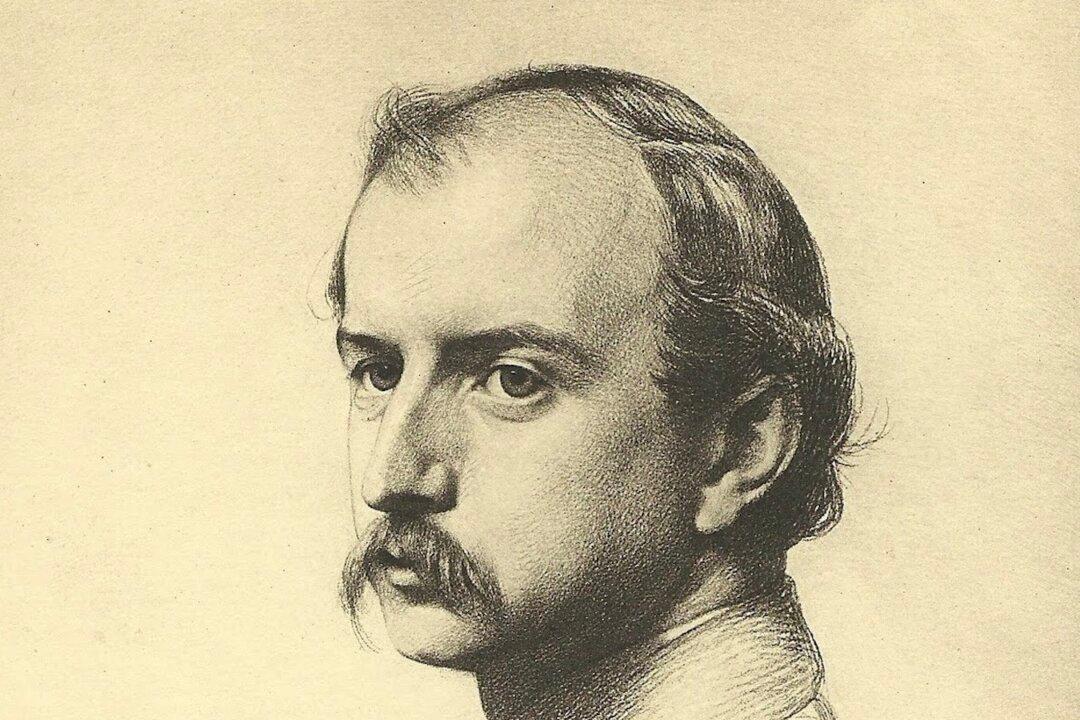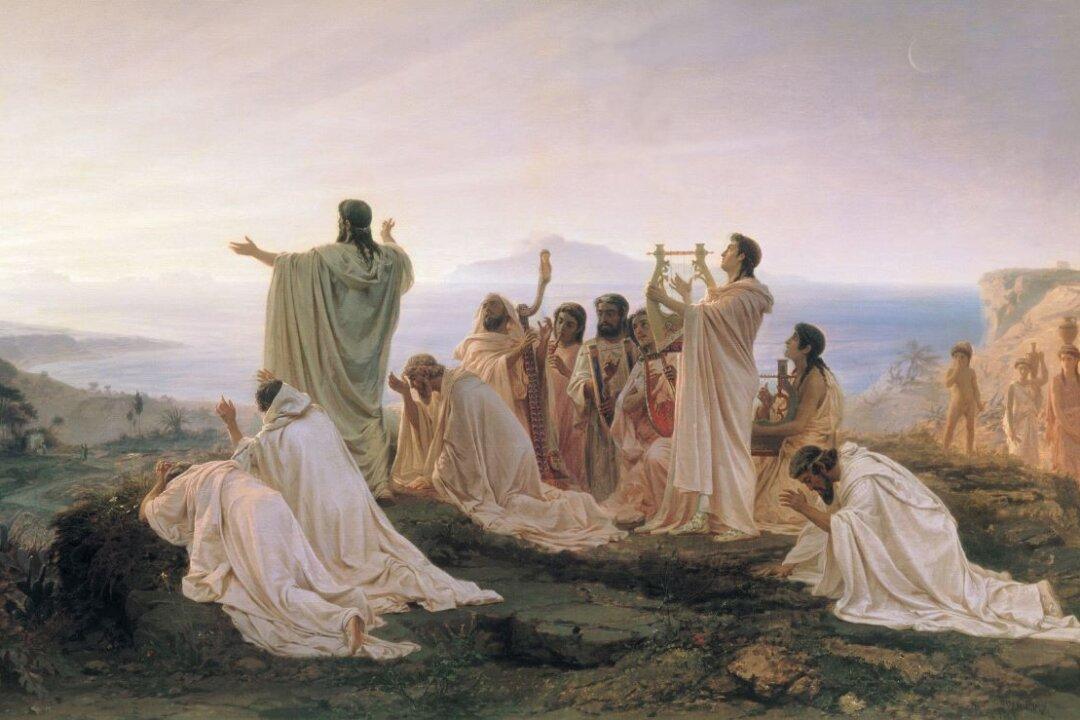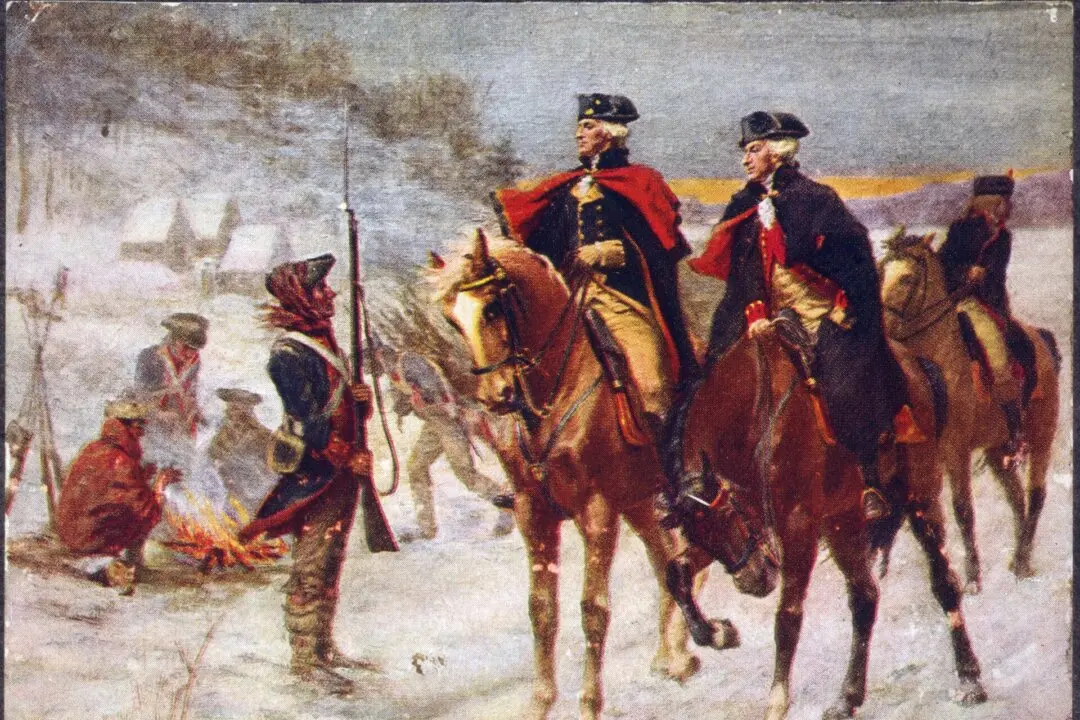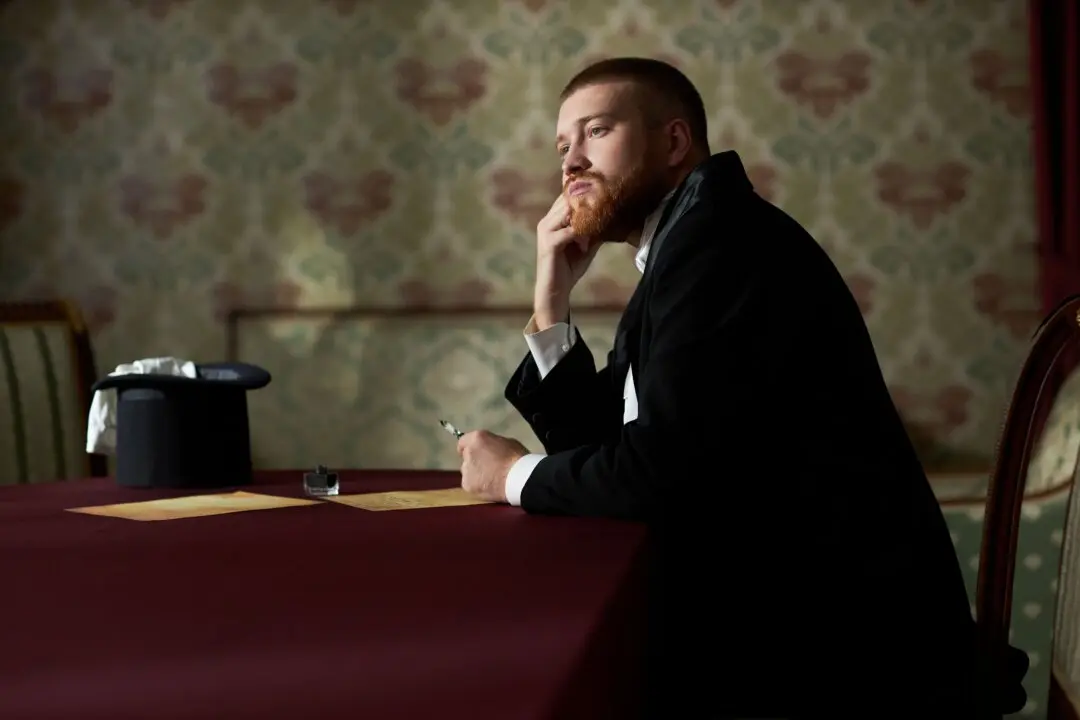If you ask what education means to people, most will think “school.” If they are jaded, “debt.” But for the first great American family, it was much more than this.
In his autobiography, “The Education of Henry Adams,” the author describes growing up within a celebrated lineage that, by his lifetime, had become a cultural institution. During his childhood, Henry wrote, he would often transition between the Boston home of his father Charles Francis Adams, Lincoln’s future ambassador to England during the Civil War, and the home of his grandfather John Quincy Adams, where he played in the former president’s library. Sitting at his writing table as “a boy of ten or twelve,” he proof-read the collected works of his great-grandfather John Adams that his father was preparing for publication. While practicing Latin grammar, he would listen to distinguished gentlemen, who represented “types of the past,” discuss politics. His education, he reflected, was “an eighteenth-century inheritance” that was “colonial” in atmosphere. While he always revered his forebears and felt they were right about everything, he observed that this learning style did not sufficiently prepare him “for his own time”—a modern age that was increasingly defined by technology, commerce, and empire.





